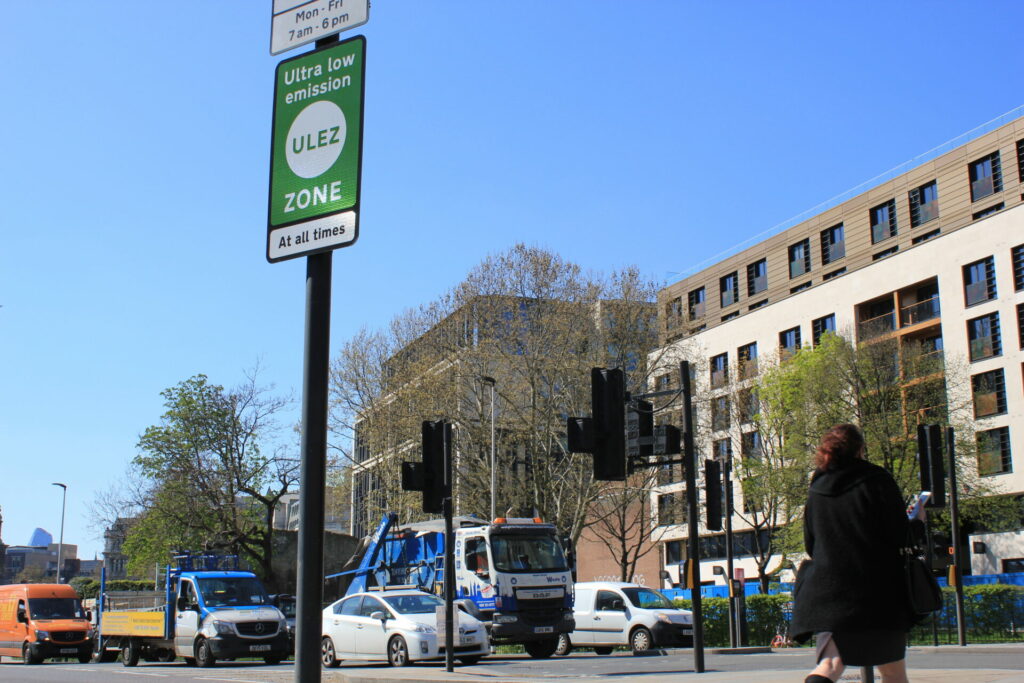As we draw closer to the upcoming Autumn Statement, the annual influx of requests from the housing and mortgage market are starting to roll in.
Set against the backdrop of an impending General Election, the probability of seeing some crowd-pleasing measures seems quite high. While previous years have seen a focus on green initiatives, it will be interesting to see which direction this year’s pendulum swings.
Last year’s Autumn Statement saw the Government say it was committing £6bn towards improving the energy efficiency of homes. However, the current landscape presents a somewhat altered scenario.
Having dealt with surging living costs and the increases in mortgage rates over the last twelve months, are energy efficiency initiatives still the vote winner they once were?
The Conservatives recently attributed their by-election win in Boris Johnson’s ex-constituency, Uxbridge and South, to Labour London Mayor, Sadiq Khan, expanding London’s Ultra-low Emission Zone (ULEZ).
Khan is attempting to tackle air pollution and congestion by charging cars that do not meet emission standards £12.50 a day to drive in Greater London – as is already the case in Central London.

The recent by-election result serves as a reminder that even well-intentioned green policies can lead to backlash if they are perceived to impact voter’s wallets and it may be that we start to see a similar effect in the mortgage and housing market.
During an interview with BBC Radio Four’s Today programme, the Levelling Up Secretary, Michael Gove, said he wanted to ease up on meeting specific net-zero targets and relax the pace at which landlords are required to adhere to Energy Performance Certificate (EPC) regulations.
The initial measures for landlords were due to come into force on April 1st, 2025, for new leases and April 1, 2028, for existing leases, although there has been some suggestion that the 2028 will now be the only one in play, covering all private rental sector properties. Gove also suggested the plan for all new homes to be built with heat pumps rather than gas boilers by 2025 will be reviewed.
This will-they, won’t-they situation we find ourselves in is however not helpful for anyone. The longer the delay for the rental market, the bigger the delay for the residential sector. While there may be little benefit to trying to force landlords’ hands into the measures in the current market, there are a number of viable useful measures on the table.
One such suggestion is from think tank, E3G, which would like to see the Government make landlords’ energy-saving improvements to properties deductible from income tax.
In a letter to the Chancellor of the Exchequer, it noted that a ‘simple tax restructuring to allow energy performance improvements to be offset against rental income could help make investment more attractive for landlords’.
It is calling for the tax exemption to be announced in the next Autumn Statement and has the support of a number of banks, consumer groups and trade bodies, including Nationwide Building Society, Citizens Advice, and the National Residential Landlords’ Association.
It highlights the situation in countries like France, Germany and Scotland, where they appear to be a bit more organised. In France, for example, landlords can already subtract the costs of retrofitting their properties from their income revenues. While in Germany, landlords who make their buildings more efficient can raise rents outside of existing rent control restrictions. In Scotland, a low-interest PRS Landlord Loan is available for those listed on the Scottish Landlord Register.
The current political to-and-froing over landlord EPC rules has already caused something of a standstill, with little in the way to encourage landlords to take action – especially in the midst of rising mortgage rates.
While the desire to combat climate change remains, the ability to prioritise such efforts may be waning for voters and homeowners.
In the absence of a heatwave this year like we saw last summer, and as we start to see heating bills decrease, the issue of global warming and the urgency to address it might be slipping from homeowners’ minds, with household finances taking precedence over longer-term environmental considerations.
This poses a challenge for the Government in the next Autumn Statement, as they walk the line between working to meet net zero targets and the financial concerns of voters.
Simon Jackson is managing director of SDL Surveying



